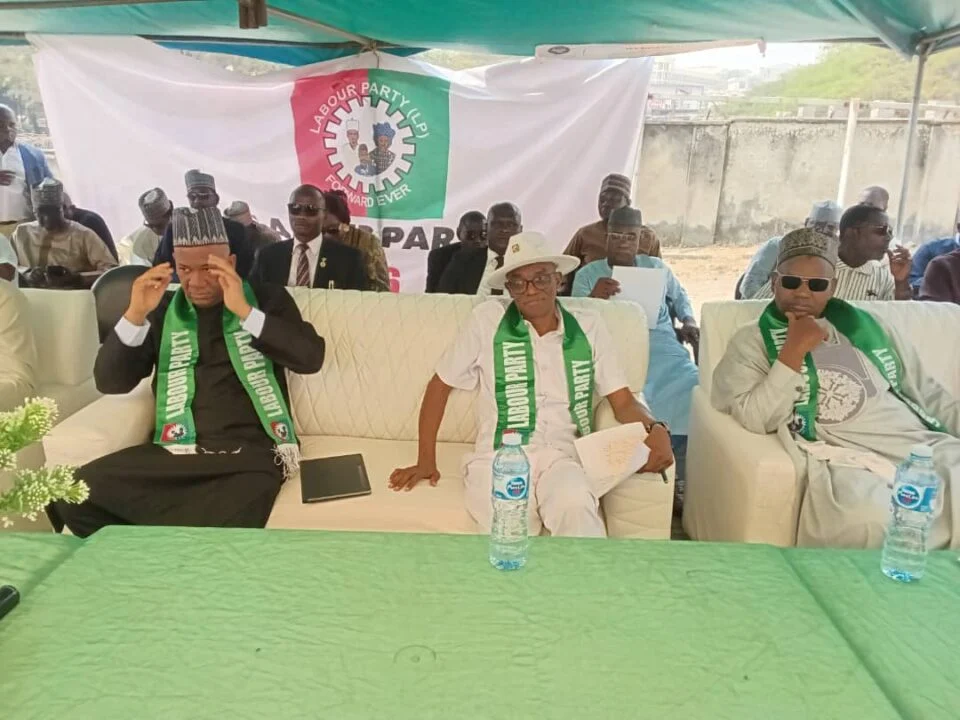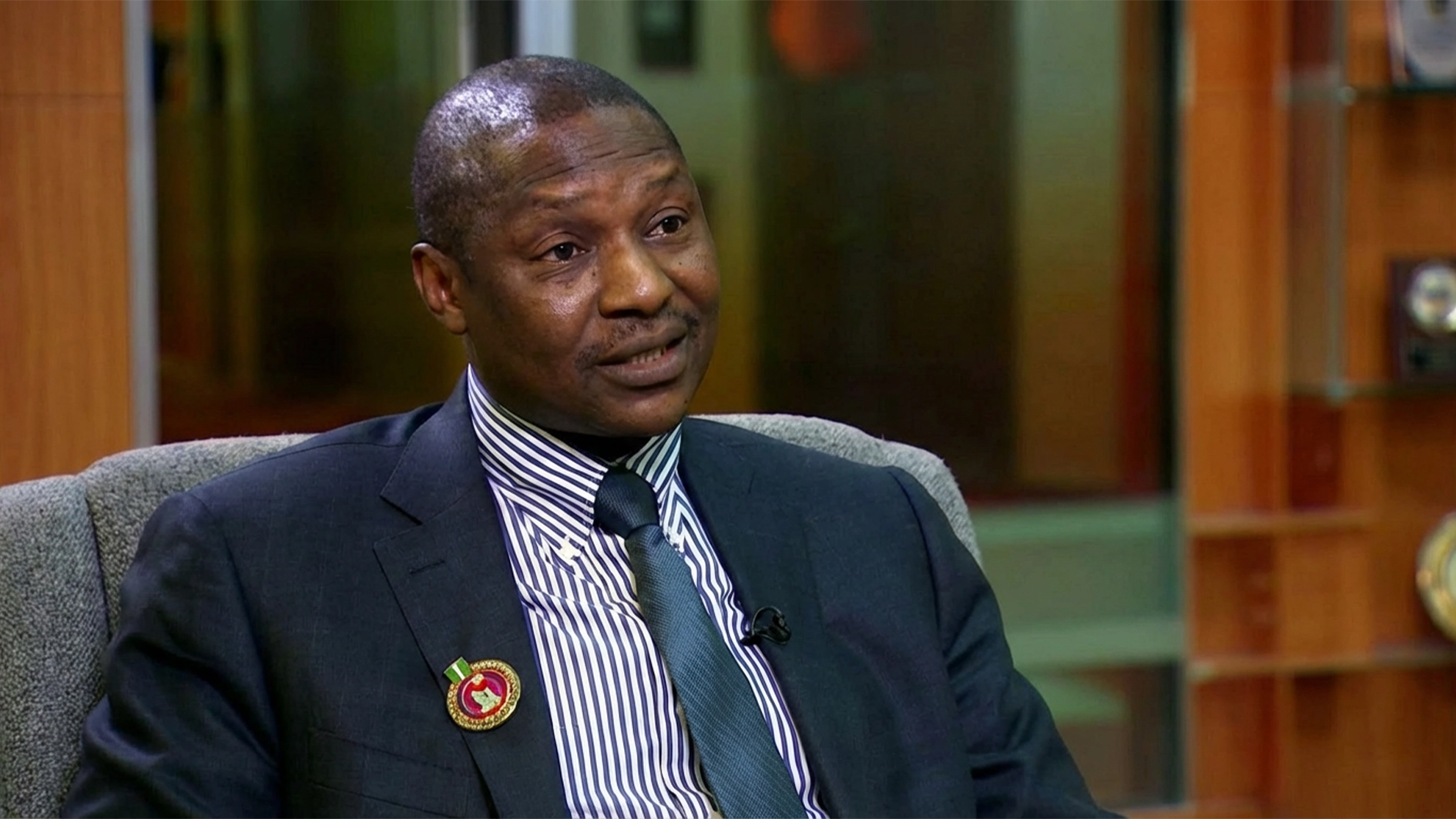• Agricultural supplies gather dust at NASC headquarters
• Farmers lament delay, await sharing formula
• Ministry awaits presidential directive on distribution
• Agric operations time-bound, tractors may miss planting season
• Experts fault lack of maintenance plan for imported equipment
Nearly four months after President Bola Tinubu launched N50 billion worth of farm tractors to boost food production, the equipment remains idle, exposing Nigeria’s recurring pattern of stalled agricultural reforms, bureaucratic bottlenecks, and waste of public resources that undermine the government’s mechanisation agenda.
The machinery is currently gathering dust at the headquarters of the National Agricultural Seed Council (NASC). While there are no official details on the exact cost of the 9,022 agricultural machines imported from Belarus, findings by The Guardian revealed that an average tractor costs about N28 million. Consequently, the 2,000 tractors alone may have cost the country about N30 billion, even at a subsidised rate of N15 million each.
At the launch, President Tinubu unveiled 2,000 tractors, 2,000 disc ploughs and harrows, 1,000 disc ridgers, 1,200 tractor-trailers, 500 seed drills, 300 boom sprayers, 10 harvesters, and 12 mobile workshop vehicles, among other spare parts.
During the ceremony, attended by the Deputy Prime Minister of Belarus, Fuad Hussein, and senior Nigerian officials, the President said: “We are taking a monumental leap forward with the introduction of state-of-the-art agricultural equipment under the Renewed Hope initiative. This is a bold step towards achieving complete agricultural independence. I want to make agriculture more attractive to our youths.”
He added that the equipment would be deployed nationwide to empower service providers, enable year-round cultivation, and create jobs, particularly for young Nigerians.
However, more than three months after the flag-off ceremony, the Federal Ministry of Agriculture and Food Security says it is still awaiting directives from the Presidency on the modalities for distributing the farm implements.
A top ministry official, who requested anonymity, told The Guardian via text message that the ministry had yet to begin distribution due to delays in approving the sharing formula.
Another source complained that activities at the ministry had slowed considerably, saying only the Presidency now dictates the pace of operations. It was also gathered that ministry officials have little information about the planned deployment of the tractors, aside from what is known at the Presidency.
This situation has dampened the optimism earlier expressed by the Minister of Agriculture and Food Security, Abubakar Kyari, who received the implements in February.
The minister had announced that the tractors would be distributed through three key models to ensure accessibility and maximise their impact on agriculture. He had hoped deployment would take place immediately as the farming season approached, allowing farmers access to affordable labour.
According to him, the first model would offer direct sales, “allowing individuals and organisations to purchase the tractors outright.”
“The second model is a leasing scheme that makes mechanisation more affordable by enabling farmers to access tractors without full upfront costs of ownership. The third model involves setting up tractor service centres within farming communities, which will enable smallholder farmers to rent tractors as needed for their operations,” he had said.
The initiative, according to him, was expected to substantially improve farming efficiency, reduce reliance on manual labour, and contribute significantly to the country’s long-term agricultural transformation goals.
But amid a seeming lack of direction from the government, farmers continue to struggle with the high cost of labour, farm inputs, and transportation.
The Vice President of the All Farmers Association of Nigeria (AFAN), Daniel Okafor, stated that they had not received any updates on the distribution of farm implements. “Farmers were very happy with the government at the equipment launch. We thanked them for that, but we are still waiting and monitoring the progress of the sharing formula,” he said.
Also commenting, Professor of Agricultural Engineering and Processing at Joseph Sarwuan Tarka University, Makurdi, Benue State, Simon Tuange, stressed that mechanisation plays a vital role in agriculture, noting that “agriculture without mechanisation is like a vehicle without wheels.”
He explained that while “tractorisation enables land preparation and planting at the initial level, after production there is need for processing, storage, harvesting, and transportation, these are all parts of mechanisation.”
Tuange emphasised that agricultural operations are time-bound. If the newly procured tractors are not deployed during land preparation and planting, he said, they may have to wait until the next farming season for rain-fed agriculture, “except they want to deploy them during dry-season farming.”
He acknowledged that disagreements often arise over the modalities for distribution whenever farm implements are imported, as they are usually shared between state governments and farmers’ associations.
The don, however, criticised the importation of tractors without establishing after-sales maintenance systems, advising that maintenance workshops be set up alongside the deployment to prevent breakdowns and abandonment.






